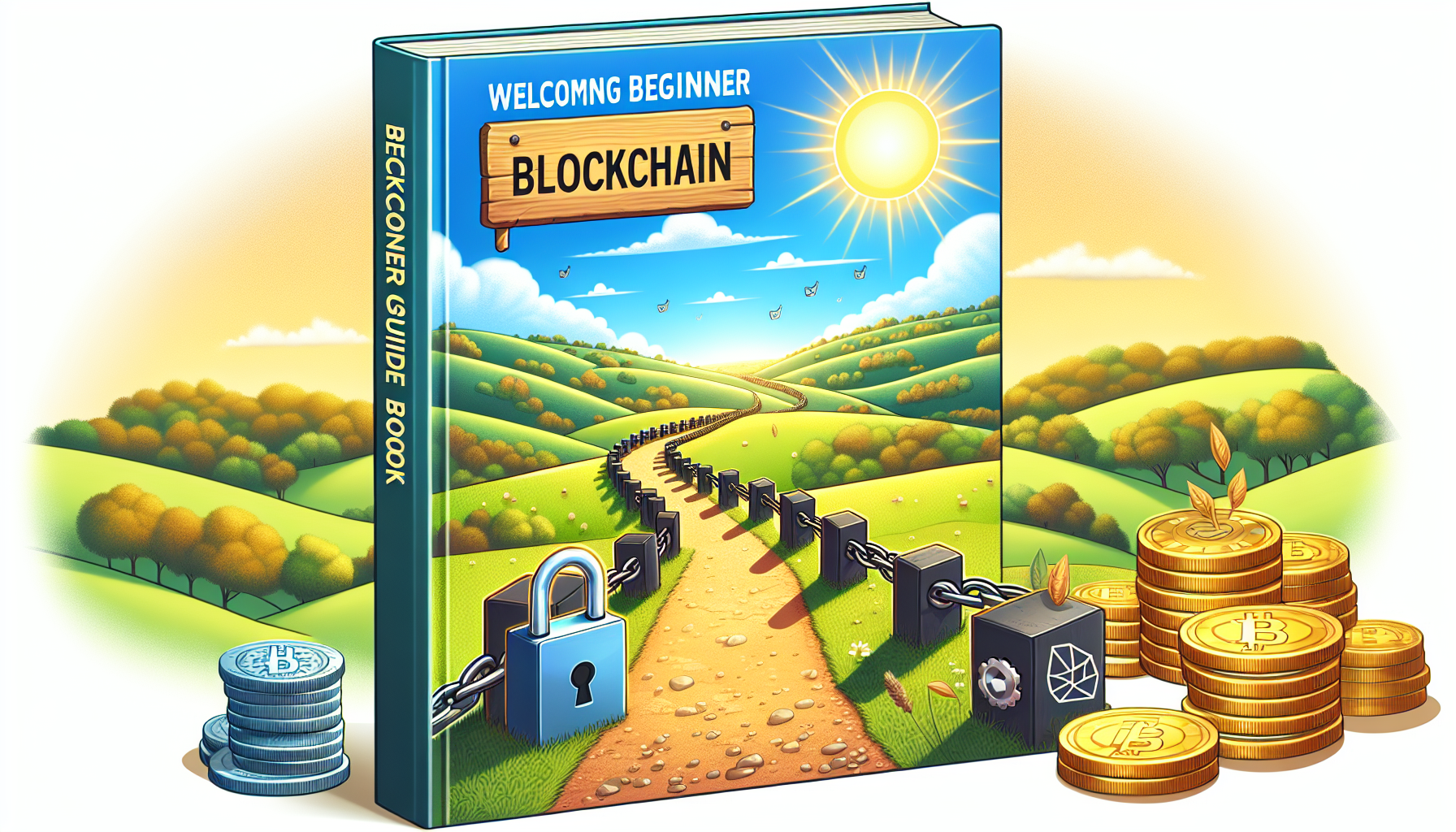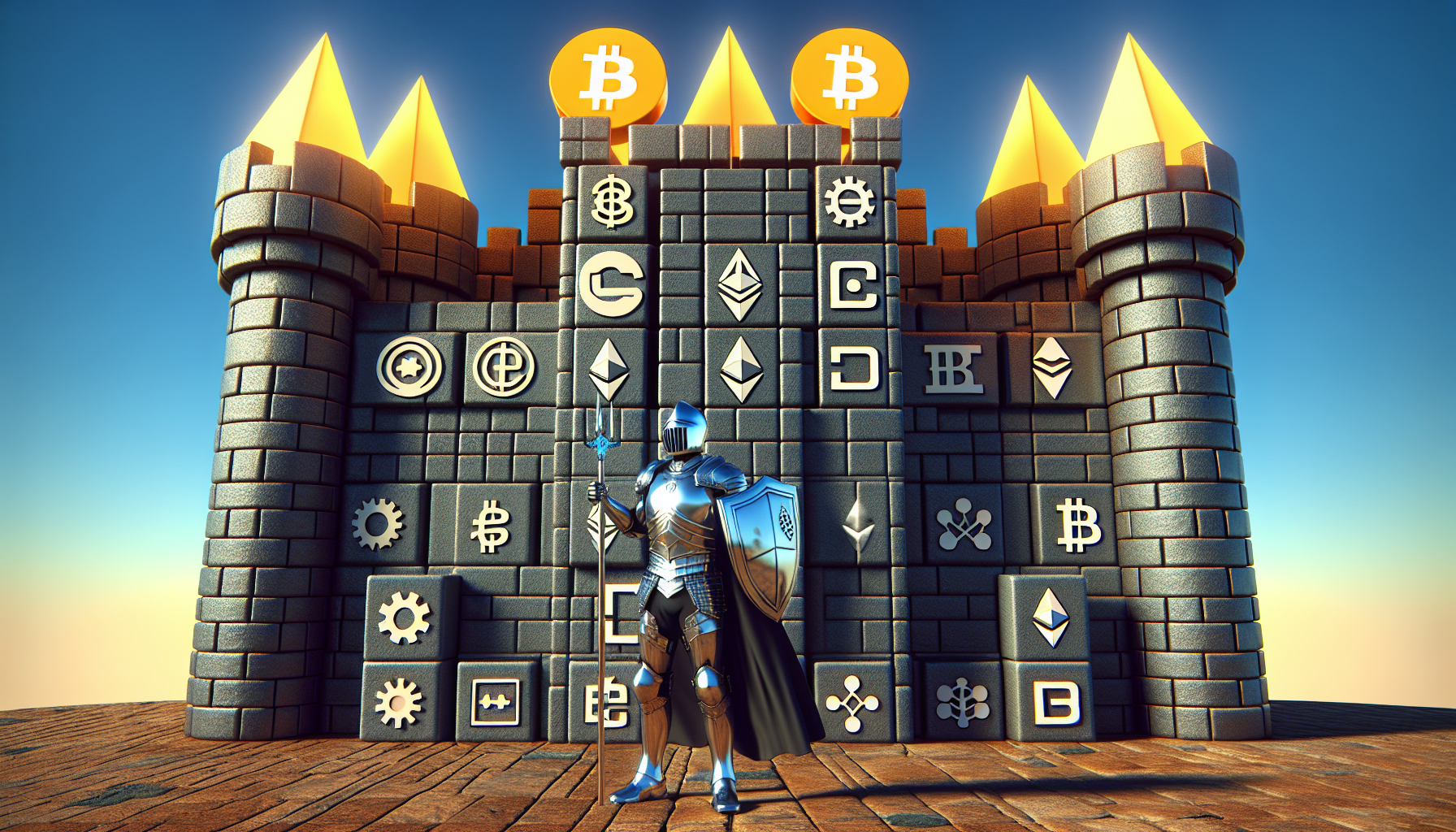Decentralized Finance (DeFi) is, shall we say, *disrupting* the traditional financial system. And right at the heart of it all? Decentralized Autonomous Organizations, or DAOs. These aren’t your average corporate structures, no sir. DAOs are revolutionizing how DeFi protocols are governed, empowering token holders and fostering community-driven development. Think of it like this: instead of a CEO making all the calls, everyone gets a say. Pretty cool, right?
The Rise of DAOs in DeFi
So, what’s the big deal with DAOs anyway? Well, in traditional finance, decisions are often made behind closed doors by a select few. DeFi, on the other hand, aims for transparency and inclusivity. DAOs make this possible by distributing governance power among token holders. This means that anyone holding the protocol’s tokens can participate in key decisions, like adjusting interest rates, adding new features, or even changing the fundamental rules of the game.
How DAO Governance Works
The beauty of a DAO lies in its transparent and automated nature. Decisions are typically made through proposals that are then voted on by token holders. The weight of each vote is usually proportional to the number of tokens held – the more you hold, the more influence you have. It’s like a digital democracy, more or less. Smart contracts, those self-executing lines of code, then automatically enforce the outcome of these votes. This removes the need for intermediaries and ensures that decisions are implemented fairly and efficiently. I remember the first time I read about it – I thought, “Now *that’s* clever!”
Examples of DAO Governance in Action
Loads of DeFi projects are using DAOs to govern their protocols. Take MakerDAO, for example. They’re responsible for maintaining the stability of DAI, a popular stablecoin. Token holders vote on things like the stability fee (the interest rate on DAI loans) and the collateral types that can be used to mint DAI. This helps keep DAI pegged to the US dollar, which is pretty darn important.
Then there’s Compound, a lending and borrowing protocol. Compound’s token holders vote on proposals to adjust interest rate models, list new assets, and upgrade the protocol’s smart contracts. This allows the community to adapt to changing market conditions and ensure that the protocol remains competitive. It’s really a fascinating example of decentralized decision-making in action.
Benefits of DAO Governance
The advantages of DAO governance are, in my humble opinion, significant. First off, it promotes decentralization. By distributing decision-making power among token holders, DAOs reduce the risk of centralized control and manipulation. This is crucial for maintaining the integrity and security of DeFi protocols. Secondly, DAOs foster transparency. All proposals and votes are recorded on the blockchain, making them publicly auditable. This helps build trust and accountability within the community. Finally, DAOs encourage community involvement. By giving token holders a voice in the governance process, DAOs incentivize them to actively participate in the development and improvement of the protocol. It’s like everyone is rowing the boat together – makes you feel all warm and fuzzy inside, doesn’t it?
Challenges and Future of DAO Governance
Now, it’s not all sunshine and rainbows, of course. DAOs also face some challenges. Voter apathy can be a problem, as many token holders may not bother to participate in governance decisions. This can lead to situations where a small group of individuals controls the outcome of votes. We’ve also seen examples where, frankly, things went a bit sideways. Remember the Build Finance DAO incident? Someone managed to snag enough tokens to drain the whole thing! So, yeah, security and token distribution are key. Another challenge is the complexity of some governance proposals. It can be difficult for average token holders to understand the technical details and make informed decisions.

Despite these challenges, DAO governance is still evolving and improving. We’re seeing the emergence of new governance models that address issues like voter apathy and power concentration. Quadratic voting, for instance, makes it more expensive for large token holders to dominate the voting process. Delegated governance allows token holders to delegate their voting power to experts, making it easier for them to participate in complex decisions. As DeFi matures, DAOs are likely to become even more sophisticated and effective at governing protocols.



